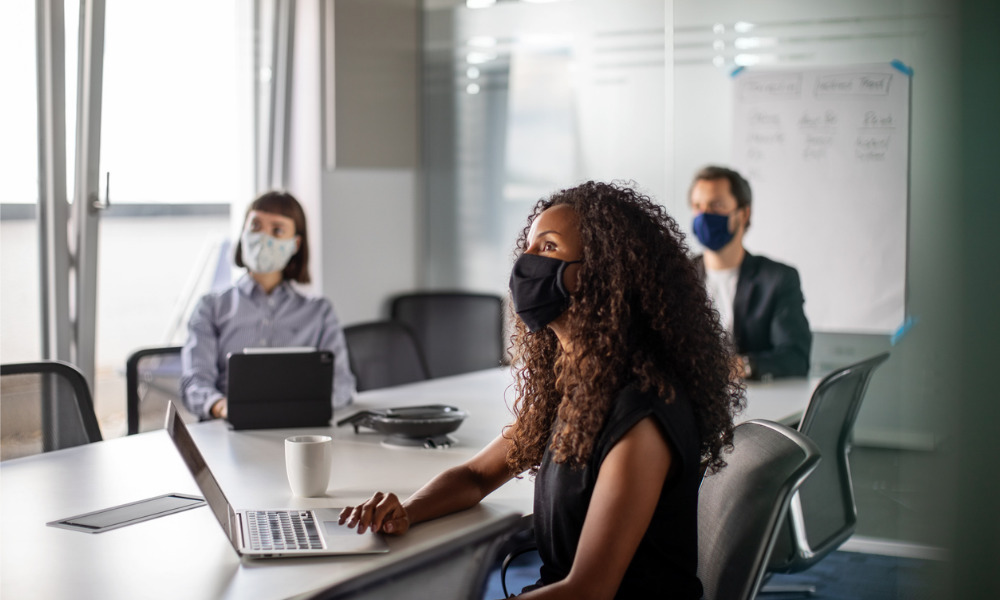
How is the Singapore office managing employees' return?

The Singaporean government currently allows workplaces to operate at 50% capacity, with safe management measures firmly in place - including a ban on social gatherings. With the COVID-19 case count rising across the city-state, how are leaders at larger companies managing the new hybrid policy? In a virtual session attended by HRD, Facebook leaders Ken Hoskin, HR director, biz and tech, APAC, and Charlene Chian, VP, communications, APAC, revealed their latest strategic approach to return-to-work – and explained the best ways to keep employees safe long-term.
Read more: Facebook’s HRD APAC on creating an ‘equitable experience’
Since June, Facebook revealed a global return to work policy for all their offices. The tech giant aimed to be ‘more flexible’ with those who wanted to return to the office, and the general rule for these employees was that they had to be in the office at least half of the time. As with all organisations, employee health and safety remains a top priority – meaning leaders had to religiously monitor local advisories to ensure they complied new rules. “As a company, we’re moving to a site-by-site approach for office re-openings,” Chian added. “For example, here in Singapore with guidance from the government, we are allowed 50% of our employees to work from home and to return to office.”
Read more: Facebook’s VP of people growth: Three principles for the future of work
To avoid any ‘return-to-work- pressure, leaders have been easing employees back into offices “quite slowly” at Facebook. “We do offer flexibility in the way people return to work,” Chian said. “Our employees have the option to continue working from home until our offices are fully reopen. This way, those who have challenges, for example, employees with home schooling children or those who have to take care of their elderly parents can slowly work on adjustments in getting back to the office.”
When and how employees return will also be largely dependent on teams and individual needs, explained Hoskin. Whatever the case, HR teams will focus on keeping work equitable for everyone, regardless of their preferred work arrangement. “Facebook will continue to be focused on equity,” Hoskin said. “As we look towards a future where some people will choose the office, and others opt to be remote, we need to make sure that the playing field stays level, and every person can lead and meaningfully participate regardless of where they are.”
Read more: Facebook: COVID-19 vaccine not mandatory for staff
When asked whether he thinks we’ll ever go back to ‘normal’, the HR head advised leaders to “lean forward” instead. “Given the uncertainties over the duration and severity of this pandemic, we can’t plan the future with the same strategies we had before,” Hoskin said. “One thing we’ve learned is that companies need to be prepared and ready to transform their business to adapt to new changes, and not the hope that everything will return back to how it once was.” Like many HR leaders, he's chosen to use this time to experiment with people and business strategies and “lean forward into what work will be like”. “It’s an opportunity to help design the future,” he said.
The prolonged crisis has also taught him an invaluable leadership lesson that he’ll carry into the uncertain post-pandemic world. “I feel like it’s important to take those moments to regularly reflect, re-evaluate and reprioritise,” Hoskin said. “I think a lot of people made new decisions because of the pandemic…to help refocus on meaningful things. I hope it doesn’t take another pandemic to help us all to pause and reflect. I found it to be healthy for me, so I think that’s the practice I’m going to put in place, just more of regularly reflecting and reprioritising.”